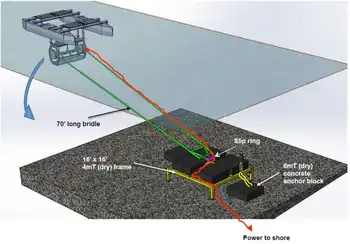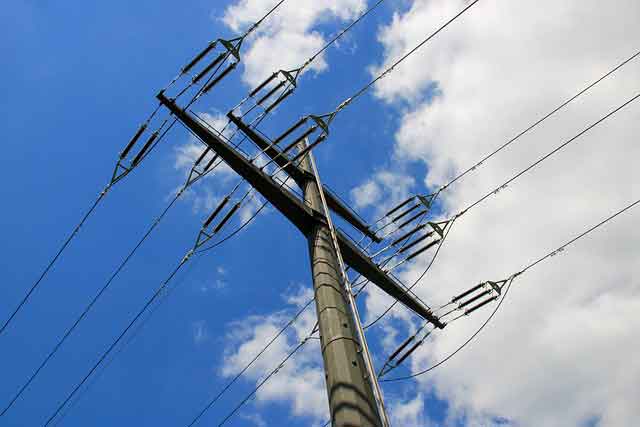NERC signs lease on Atlanta office space
ATLANTA, GEORGIA - The North American Electric Reliability Corporation NERC new headquarters will be in the Atlanta Financial Center.
The selection was made through a competitive process that evaluated multiple locations throughout the city. The office, located in the Buckhead area, was chosen for various reasons, including access to transportation, available office space and multiple hotels and venues for meetings.
“The decision to relocate NERC’s headquarters was made with a long-term perspective in mind,” said Gerry Cauley, president and CEO of NERC. “Atlanta gives us – the electric reliability organization – a forward-looking strategy to improve personnel recruitment and retention to manage and develop personnel in a dynamic environment and to interact with industry stakeholders.”
The NERC Executive, Standards, Reliability Assessments, Compliance Operations, Human Resources, Information Technology and Finance divisions will be located in the Atlanta office. NERC expects to occupy the AFC office permanently by May 1, 2011.
“The office location strategy is an important step toward enabling management to transform NERC to a higher level of excellence,” Cauley said. “The strategy strengthens key relationships with both industry and government partners. We look forward to becoming a part of the Atlanta community.”
NERC also will expand its Washington, DC, office. DC will be the location for NERCÂ’s Legal, Governmental Affairs, Critical Infrastructure Protection and Enforcement divisions to be in close proximity for frequent interaction with governmental and regulatory authorities as well as trade associations. New office space there is still being evaluated.
Related News

As Maine debates 145-mile electric line, energy giant with billions at stake is absent
BANGOR - As Maine regulators are deciding whether to approve the construction of a $1 billion transmission line across much of western Maine, the Canadian hydroelectric utility poised to make billions of dollars from the project has been absent from the process.
This has left both opponents and supporters of the line arguing about how much available energy the utility has to send through a completed line, and whether that energy will help fulfill the mission of the project: fighting climate change.
And while the utility has avoided making its case before regulators, which requires submitting to cross-examination and discovery, it has…




